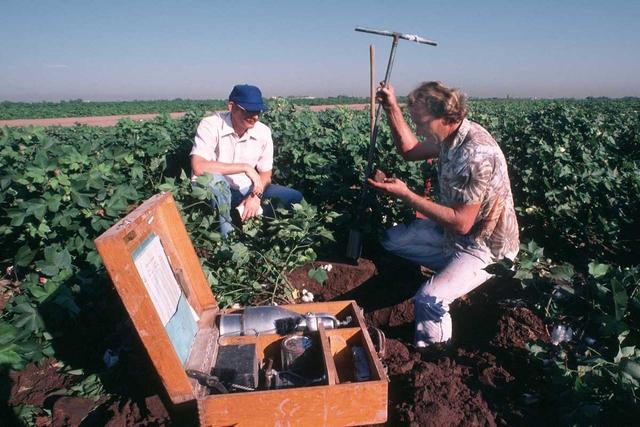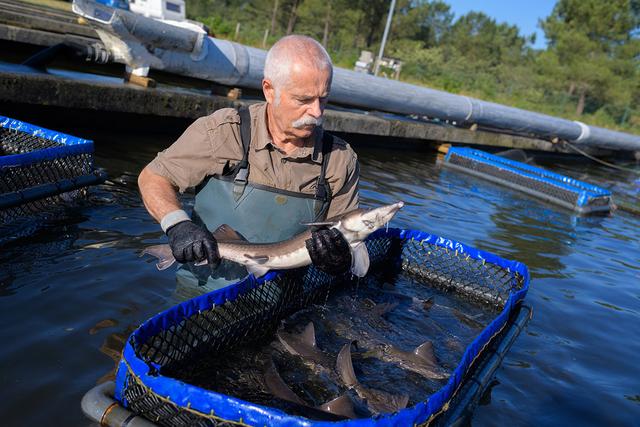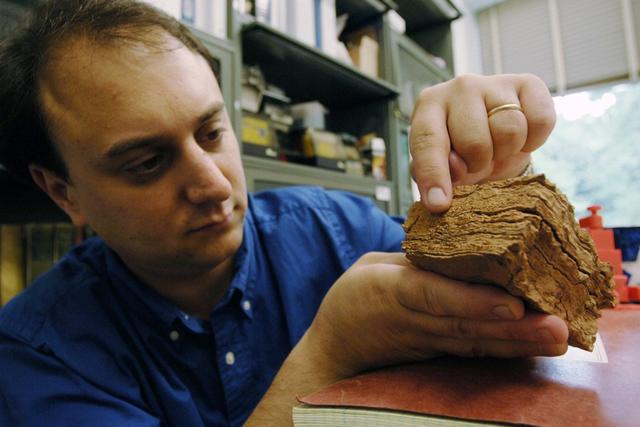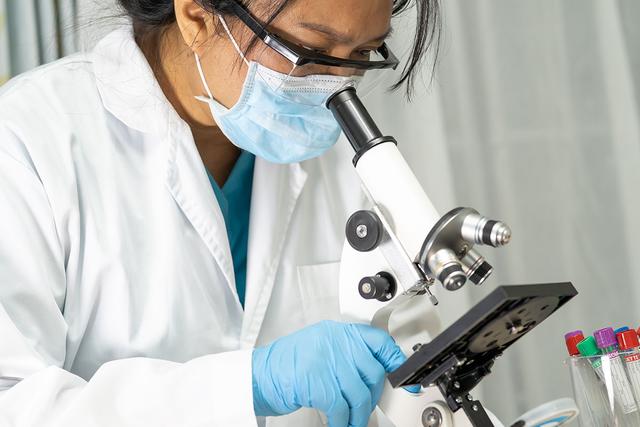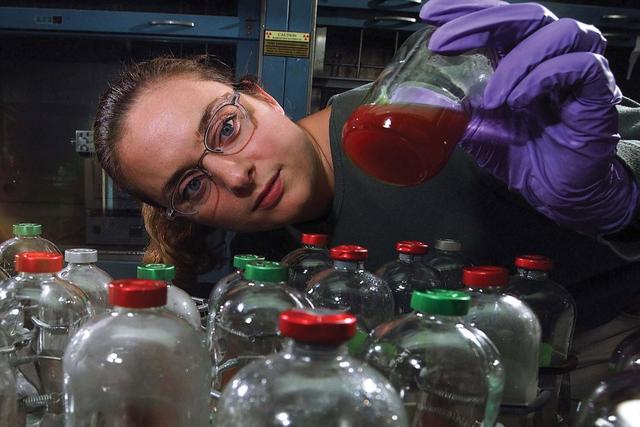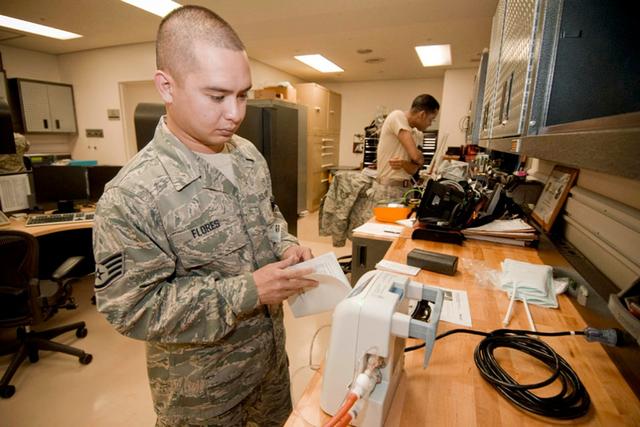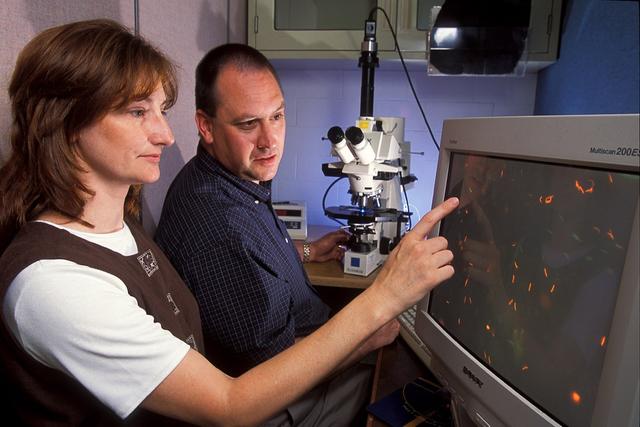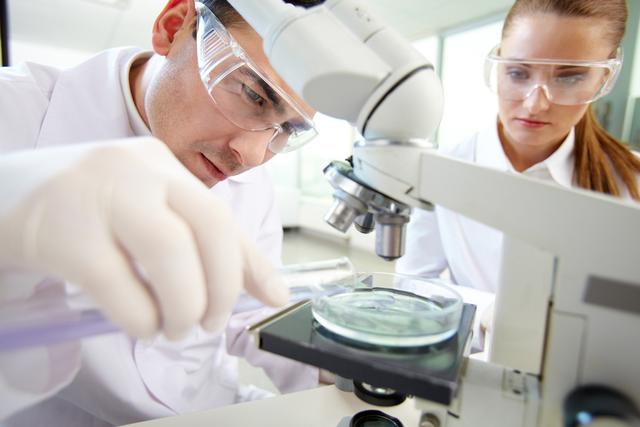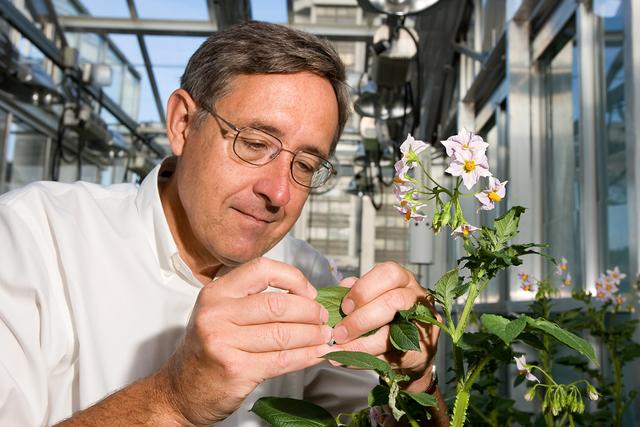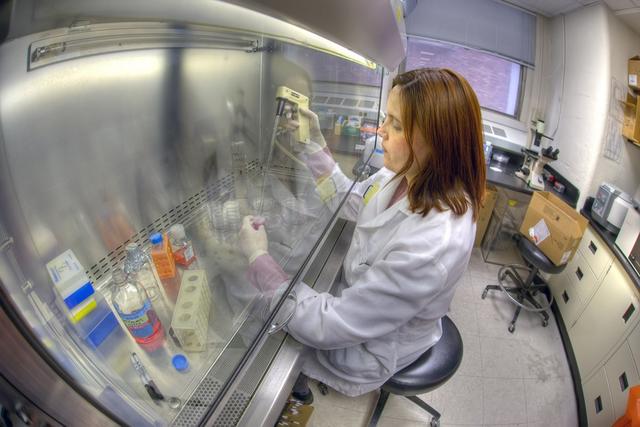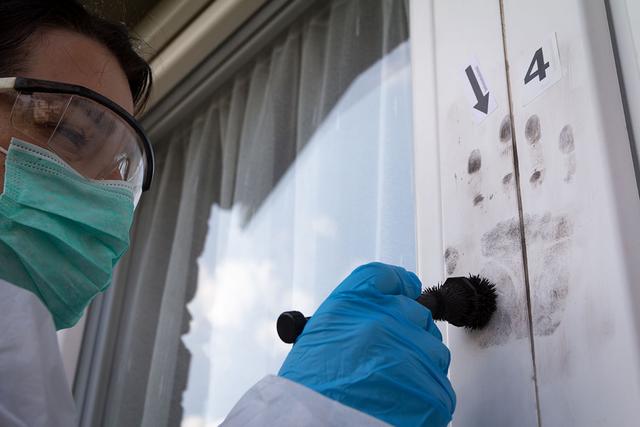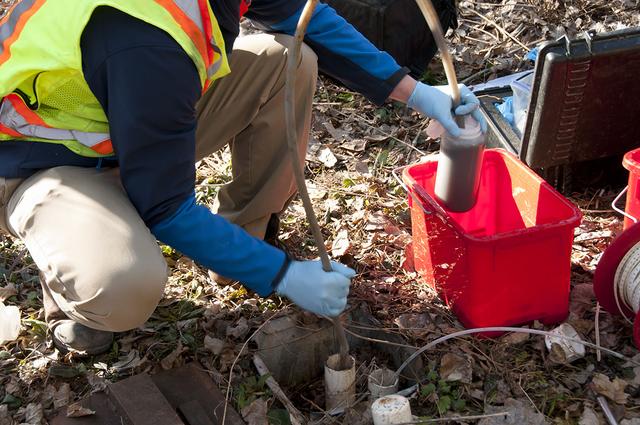Genetic Scientists
Overview

Introduction
Genetic scientists, or geneticists, study heredity. They study plants as well as animals, including humans. Geneticists conduct research on how characteristics are passed from one generation to the next through the genes present in each cell of an organism. This research often involves manipulating or altering particular genetic characteristics to better understand how genetic systems work. For instance, genetic scientists may breed a family of mice with a tendency toward high blood pressure to test the effects of exercise ...
Quick Facts
Median Salary
Employment Prospects
Minimum Education Level
Experience
Skills
Personality Traits
Earnings
The starting salary for genetic scientists with a bachelors degree hired by the federal government at the GS-5 entry level was $33,878 in 2024. For those with a masters degree, who qualified to start at the GS-7 or GS-9 levels, the beginning salary was $41,966 and $51,332, respectively. Doctoral degree holders who qualified to start at the GS-11 level earned $62,107.
In May 2018, accordi...
Work Environment
Genetic scientists spend most of their time in laboratories, designing and conducting research experiments. Most of these experiments will take many hours and yield few publishable results. But while breakthrough discoveries occur rarely and often involve hours of repetitive work, they can result in patents and significant royalties, not to mention the payoff of lives saved or diseases eliminat...
Outlook
The U.S. Department of Labor predicts that employment for biochemists (a category that includes genetic scientists) will grow much faster than the average for all occupations through 2033. Interest in genetic research has exploded in the past decade, with breakthrough discoveries bringing greater attention to the exciting possibilities of finding genetic causes and cures for diseases. This sugg...
